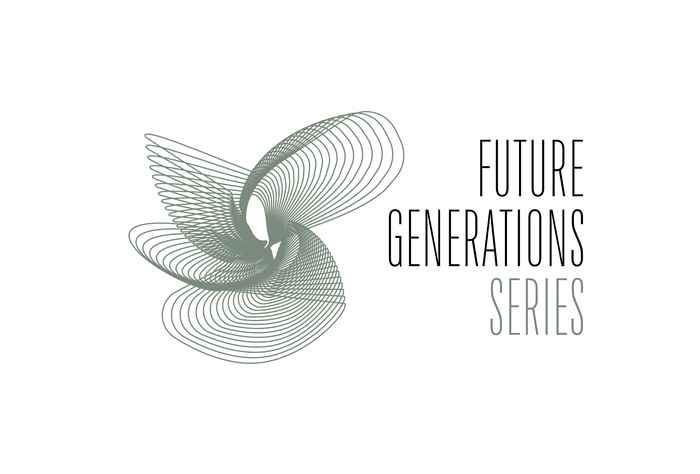How to take interests of Future Generations into account
Part of the IAS series Future Generations
- Date
- 6 February 2024
- Time
- 13:00 -18:00
- Location
- Allard Pierson

In the Academic Year 2023/2024, we have launched the Future Generations series on November 7th with an event which brings together scientists, policy makers and societal organisations. The theme of this event was revolving around WHY we need to think about future generations. Throughout the same academic year, we will have two more of these bigger events bringing together scientists, policy makers and societal organisations. In this second event we focus on HOW we think about future generations (which will mainly focus on intergenerational justice and deep democracy).
We will hear about how the Scientific Council for Government Policy (WRR) takes the interests of future generations into account in their advice to government. We will also hear from the Social and Economic Council of the Netherlands (SER) about how they operate and what they do to take the interests of future generations into account. We will explore how these two bodies work and how they aim to contribute to intergenerational solidarity.
In the second part of the afternoon, we will focus on how to do this in practice: which questions remain to be answered before we properly take the interests of future generations into account? How would a generation test function optimally and which tools could we use to make sure that every decision we make considers the impact on future generations? After hearing from the legal perspective and a plea for deep democracy we will start conversations that should lead to answerable questions and practical suggestions on how to take steps forward to change practice and build a better future for all.
Invited speakers of the event include:
- Lars Westra, Vice-chair of the Children’s Rights Collective
- Professor Ernst Hirsch Ballin, Professor Emeritus of Human Rights Law at the University of Amsterdam, and advisory member of the Scientific Council for Government Policy
- Dr. Laura Burgers, Assistant Professor at the Faculty of Law, University of Amsterdam
- Eva Rovers, director Citizen Council Office and author
-
Yasmin Ait Abderrahman, Social and Economic Council of the Netherlands (SER)
Preliminary programme
| 13:00 | Walk-in |
| 13:30 |
Welcome |
| 13:35 |
Why children’s’ rights matter, why children matter and how to contribute |
| 13:45 |
Intergenerational justice and policies: how the Scientific Council for Government Policy could take Future Generations into account |
| 14:15 |
TBA |
| 14:45 |
Conversation: how to take the rights into account in policy making? |
| 15:00 | Break |
| 15:30 |
How court can enforce rights of future generations |
| 16:00 |
Representing future generations through citizens' assemblies |
| 16.30 | Table discussions |
| 17:00 | Drinks |